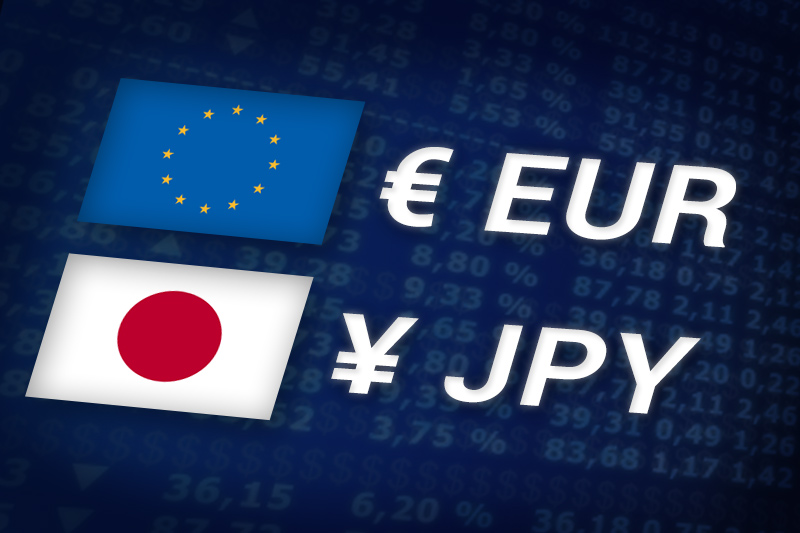Investing.com – The yen lost ground against the euro on Monday, as risk appetite staged a recovery and the threat of further intervention by the Group of Seven nations or Japan’s Finance Ministry to weaken the currency weighed.
EUR/JPY hit 115.18 during European morning trade, the daily high; the pair subsequently consolidated at 115.07, gaining 0.71%.
The pair was likely to find support at 111.94, the low of March 15 and resistance at 115.98, the high of March 4 and a 10-month high.
The yen weakened broadly on Friday, after the G-7 together with Japan’s Ministry of Finance, conducted its first coordinated intervention in currency markets since 2000 in an effort to stem the yen’s steep gains in the wake of the March 11 earthquake and tsunami.
Sentiment was also helped after Japanese authorities said earlier that they were making progress in cooling damaged reactors at the stricken Fukushima Daiichi nuclear power plant.
However, oil prices climbed Monday as ongoing military action in Libya and unrest in the Middle East sparked renewed fears over disruption to supplies.
The yen was also lower against the U.S. dollar, with USD/JPY surging 0.82% to hit 81.23.
On Friday, European Central Bank President Jean-Claude Trichet maintained his recent hawkish stance on inflation, saying that the bank was "extremely attentive" on anchoring inflation expectations.
EUR/JPY hit 115.18 during European morning trade, the daily high; the pair subsequently consolidated at 115.07, gaining 0.71%.
The pair was likely to find support at 111.94, the low of March 15 and resistance at 115.98, the high of March 4 and a 10-month high.
The yen weakened broadly on Friday, after the G-7 together with Japan’s Ministry of Finance, conducted its first coordinated intervention in currency markets since 2000 in an effort to stem the yen’s steep gains in the wake of the March 11 earthquake and tsunami.
Sentiment was also helped after Japanese authorities said earlier that they were making progress in cooling damaged reactors at the stricken Fukushima Daiichi nuclear power plant.
However, oil prices climbed Monday as ongoing military action in Libya and unrest in the Middle East sparked renewed fears over disruption to supplies.
The yen was also lower against the U.S. dollar, with USD/JPY surging 0.82% to hit 81.23.
On Friday, European Central Bank President Jean-Claude Trichet maintained his recent hawkish stance on inflation, saying that the bank was "extremely attentive" on anchoring inflation expectations.
